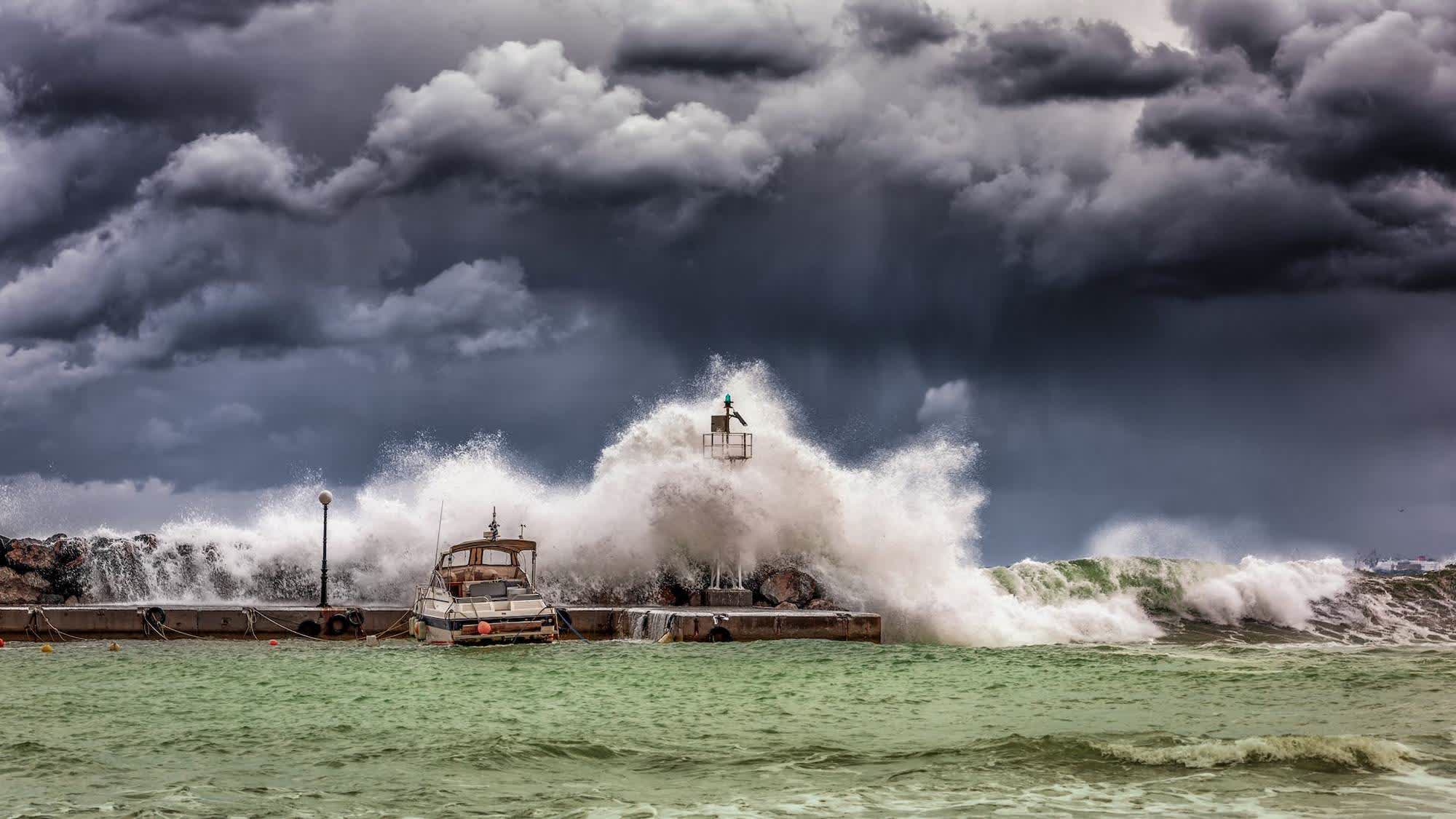In context: Global carbon dioxide emissions from burning fossil fuels are increasing every decade, with current levels said to be significantly higher than what they were at the end of the twentieth century. Unfortunately, new research suggests that things are only expected to go from bad to worse in the coming days, as the rate of global warming continues to remain a major cause for concern.
According to research conducted by the Global Carbon Project, carbon emissions are expected to hit a new all-time record this year, growing between 1.1 and 2.1 percent, against an average growth rate of 0.5 per cent a year over the past decade. The findings were part of the Global Carbon Budget report, published at the COP28 climate summit in Dubai last week.
Despite the clampdowns on deforestation, overall CO2 emission from the burning of coal, oil and gas is expected to hit 36.8 billion metric tons this year. The number is even higher when land emissions are included, with the total said to hit as high as 40.9 billion tons. The emission level is similar to that of last year, showing a plateauing due to steps taken by a handful of countries in some parts of the world. However, it's not the steep reduction that's needed to prevent cataclysmic climate change.

The study also estimates that we will overshoot the 1.5-degree C target of the Paris Agreement fairly consistently over the next several years, and world leaders will have to pull up their socks to even keep the rise below 2 degrees celsius. According to lead researcher professor Pierre Friedlingstein of Exeter's Global Systems Institute, "the action to reduce carbon emissions from fossil fuels remains painfully slow" despite increasing damage and destruction from extreme weather due to climate change.
It is, however, not all doom and gloom, as some regions of the world are taking steps to effectively reduce carbon emissions. According to the Global Carbon Budget report, Europe and the USA are taking the lead in reducing their carbon footprints, but the world at large needs to do more to prevent dangerous climate change that's fueling extreme weather in many environmentally sensitive regions around the globe.
The research team that wrote the report features more than 120 scientists from 90 institutions around the world, including the University of Exeter, the University of East Anglia (UEA), CICERO Center for International Climate Research, Ludwig-Maximilian-University Munich, and more.
